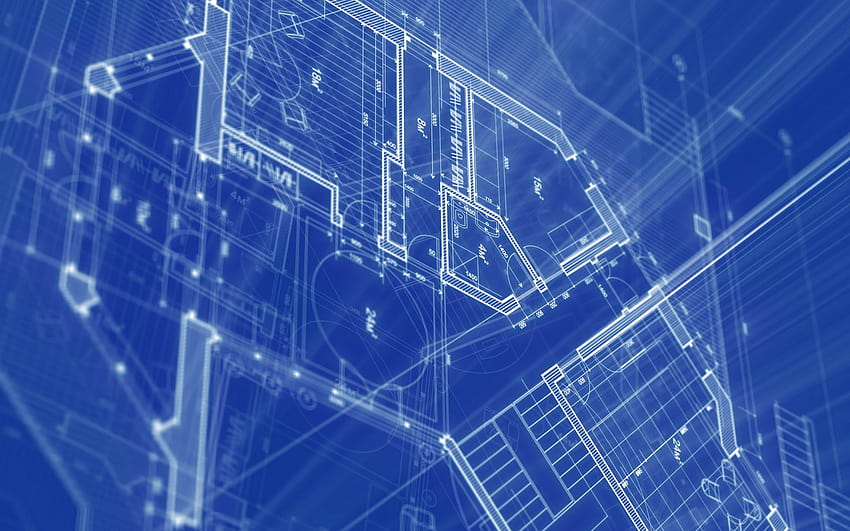Mastering Comfort: The Ultimate Guide to Heating and Air Conditioning
Mastering Comfort: The Ultimate Guide to Heating and Air Conditioning
Blog Article

When it comes to creating a comfortable living environment, few things are as crucial as effective heating and air conditioning. Whether you are seeking a cozy warmth during the chilly winter months or a refreshing coolness when summer heat arrives, having a reliable HVAC system can make all the difference. Understanding the principles of heating and air conditioning is essential for any homeowner, as it allows you to make informed choices about systems, maintenance, and energy efficiency.
In this ultimate guide, we will explore the fundamentals of heating and air conditioning, breaking down the different types of systems available and offering insights into their operation and upkeep. From choosing the right unit for your space to optimizing its performance, we will equip you with the knowledge needed to master comfort in your home. Join us as we delve into tips, tricks, and essential information to help you navigate the world of HVAC with confidence.
Understanding Heating Systems
Heating systems are essential for maintaining a comfortable indoor environment, especially during the colder months. They come in various types, including forced air systems, radiant heating, and boilers. Forced air systems use a furnace to heat air and distribute it through ducts, while radiant heating involves warming surfaces like floors and walls, allowing heat to radiate into the room. Boilers heat water and provide steam or hot water to radiators, creating a cozy atmosphere. Each system has its advantages and unique installation and maintenance requirements.
One key factor to consider when choosing a heating system is the energy source. Systems can be powered by electricity, natural gas, propane, or even renewable energy sources such as solar energy. The selection of an energy source can significantly impact operating costs and efficiency. For instance, electric heating tends to be more expensive to operate in areas where electricity costs are high. Conversely, natural gas is often seen as a cost-effective option, but its availability and infrastructure can influence its practicality.
Efficiency ratings are another important aspect to evaluate when selecting a heating system. Common efficiency measures include the Annual Fuel Utilization Efficiency (AFUE) for furnaces and boilers, indicating how effectively they convert energy into heat. Higher ratings mean better efficiency and lower energy bills. Additionally, looking for heating systems that meet Energy Star standards can ensure that you are investing in equipment that not only saves money but also reduces environmental impact. Understanding these fundamentals will guide you in making informed decisions about heating for your home.
Optimizing Air Conditioning
To achieve optimal air conditioning efficiency, it is essential to regularly maintain your cooling system. Routine inspections and filter changes not only enhance performance but also extend the lifespan of your unit. Keeping the outdoor condenser unit free of debris and ensuring that the fins are clean will promote better airflow, which is crucial for effective cooling. Additionally, scheduling a professional tune-up at least once a year can help identify potential problems before they become costly repairs.
ApexHeatAndAC Seasonal HVAC Tips
The placement of your thermostat plays a significant role in air conditioning optimization. Ensure that it is installed away from heat sources, such as windows, lamps, and appliances, to avoid inaccurate readings. Ideally, the thermostat should be centrally located in a shaded area to gauge the overall temperature accurately. Smart thermostats that automatically adjust settings based on your habits can further enhance comfort and efficiency, making it easier to manage your cooling needs.
Insulation and sealing air leaks in your home are vital for maximizing the effectiveness of your air conditioning system. Proper insulation in attics, walls, and ducts helps keep cool air from escaping, while caulking and weather stripping reduce unwanted airflow. By addressing these areas, you can maintain a consistent indoor temperature and reduce the load on your air conditioning unit, ultimately leading to lower energy costs and improved comfort throughout your living space.
Maintenance Tips for Comfort
Regular maintenance of your heating and air conditioning systems is essential for optimal comfort and efficiency in your home. Start by checking and replacing air filters every one to three months. Clogged filters can restrict airflow and make your system work harder, leading to higher energy bills and potential breakdowns. Ensure you choose the right filter type for your system and follow the manufacturer’s recommendations for replacement intervals.
Additionally, keep the outdoor units of your heating and air conditioning systems clear of debris. Leaves, grass, and other obstructions can hinder airflow and decrease efficiency. Regularly inspect the area around your units and clean it as needed. Trimming back any vegetation and ensuring at least two feet of clearance around the units can significantly enhance performance.
Lastly, schedule professional maintenance at least once a year for each system. A trained technician can conduct thorough inspections, clean critical components, and identify any potential issues before they become significant problems. By investing in routine maintenance, you not only extend the lifespan of your heating and air conditioning systems but also ensure consistent comfort throughout your home.
Report this page